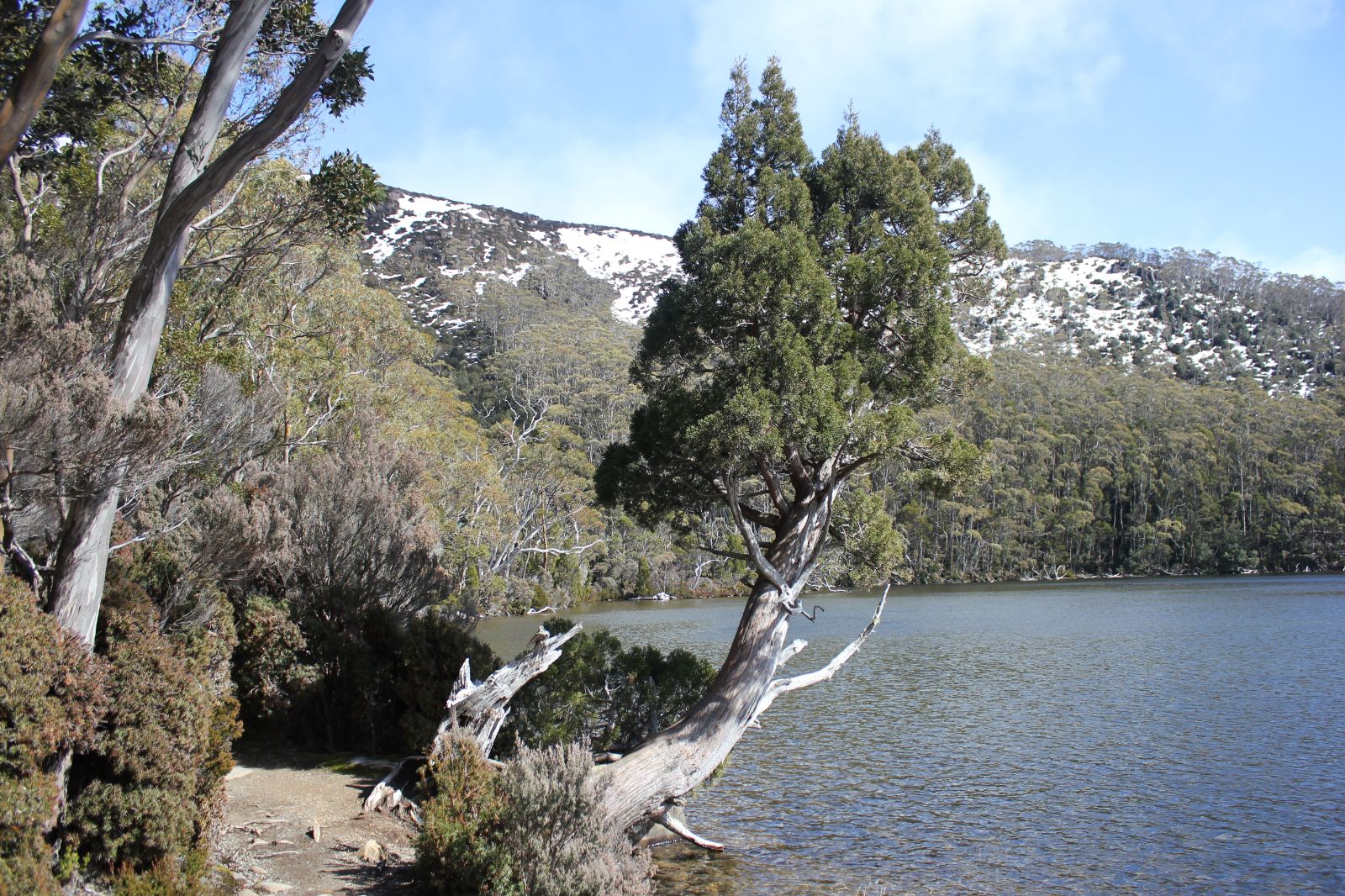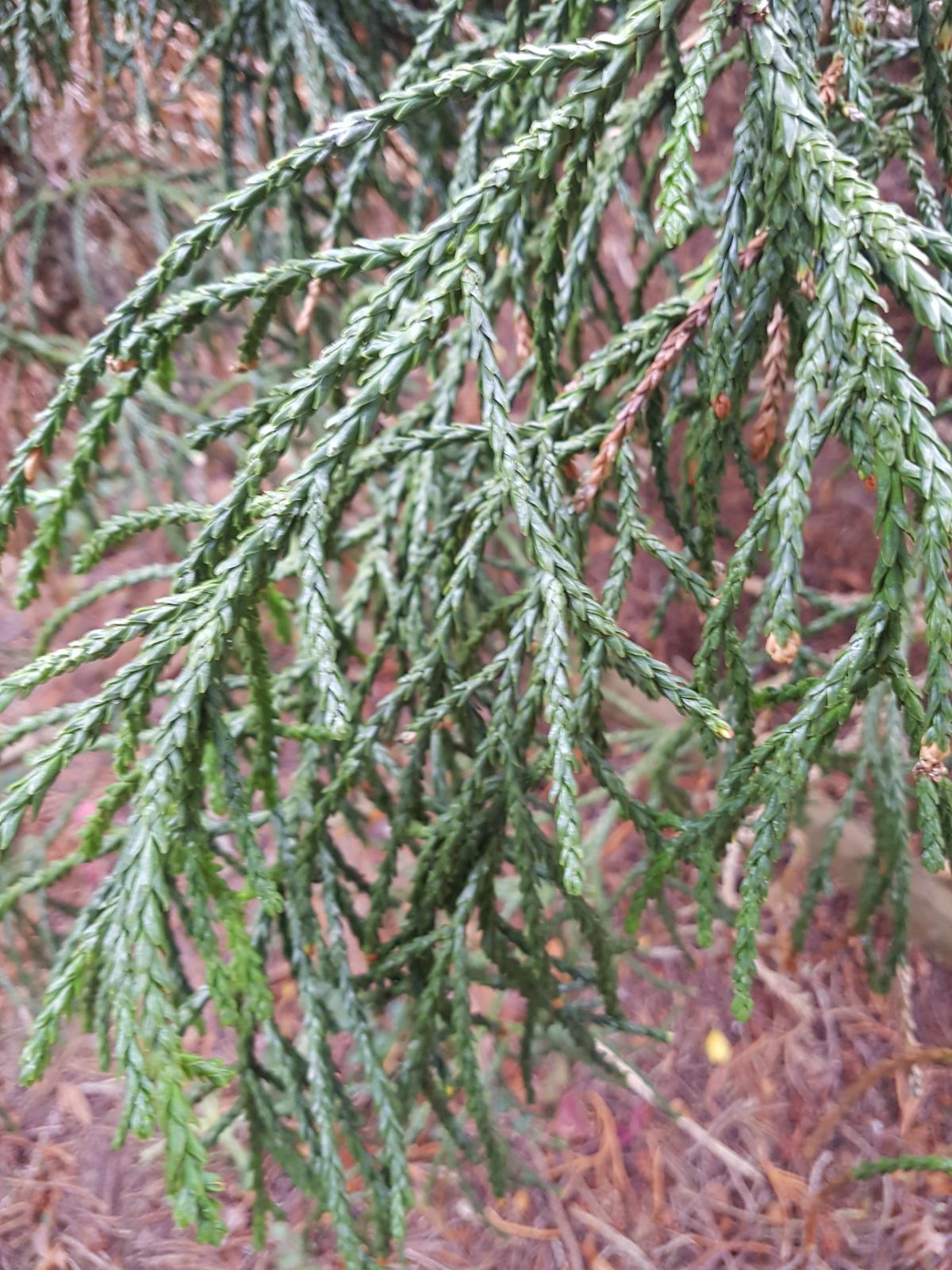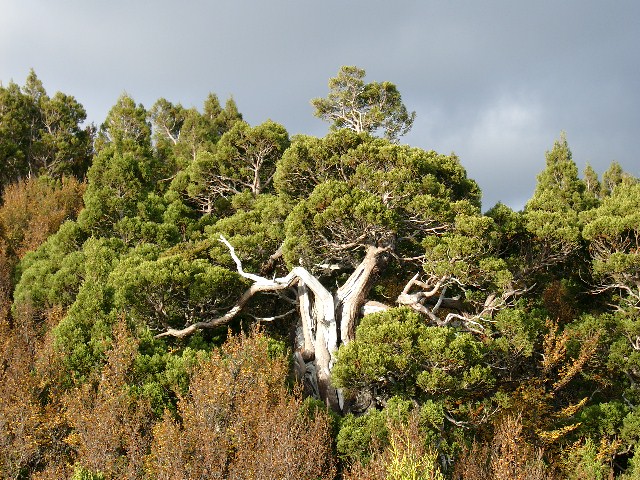Athrotaxis
Credits
Article from Bean's Trees and Shrubs Hardy in the British Isles
Recommended citation
'Athrotaxis' from the website Trees and Shrubs Online (treesandshrubsonline.
Family
- Taxodiaceae
The three species which constitute this interesting genus of conifers are all natives of the mountains of Tasmania, and were all introduced about 1857. None is really tender and fair-sized specimens of all three are to be found in Sussex and Surrey, but they are better suited in the south-west and in Ireland, where their distinctness and beauty are very marked. Of the three, A. selaginoides seems to be the least hardy. Their nearest relatives are the sequoias of western N. America and Cryptomeria japonica.
They are small evergreen trees or shrubs with scale-like or awl-shaped leaves, closely and spirally arranged. The flower-catkins are unisexual, but both male and female are on the same tree. Cones woody, roundish, composed of eight to twenty scales, which are closely packed, tapered at the base and swollen at the top; the bract-scale is completely united with the ovule-bearing scale except at the apex, where it forms a spine-like tip. The cones ripen in one year; seeds winged.



